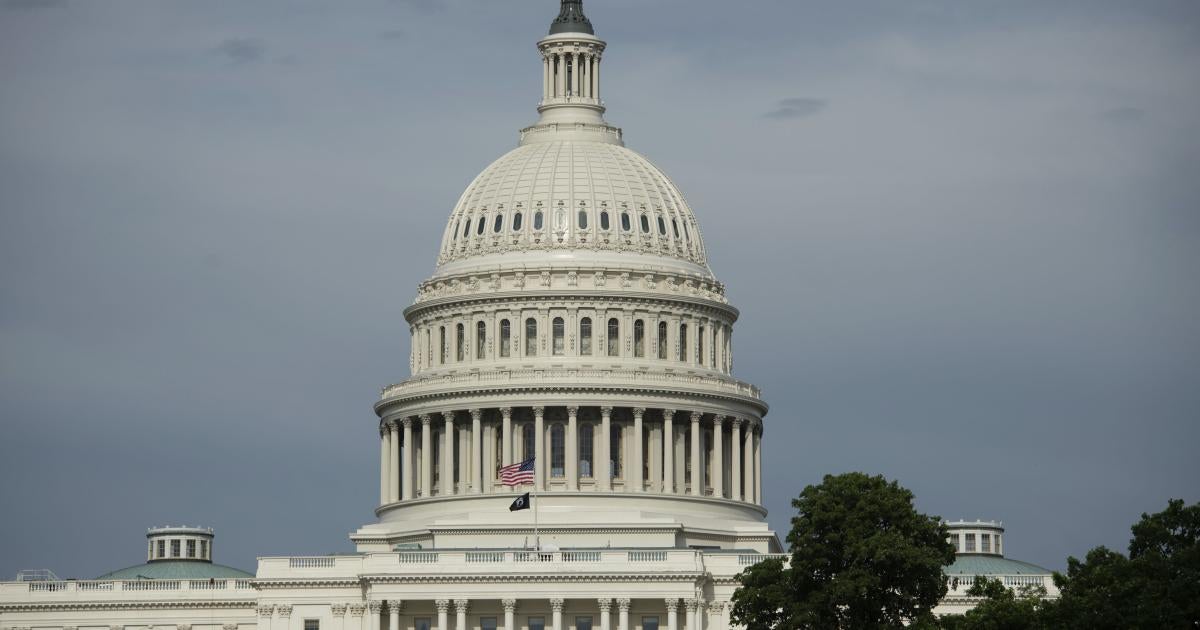Following a visit to the United States by Ukrainian President Volodymyr Zelensky, the US Congress passed an omnibus appropriations package on December 23 that included several legislative fixes that could make it easier for the US to cooperate with the International Criminal Court (ICC) – at least on Ukraine.
The US, which is not an ICC member, objects to the court’s jurisdiction over American citizens and nationals from other non-member countries, even when they fall within the court’s jurisdiction. This double standard has translated into legislative restrictions that have limited US cooperation with the ICC for the past two decades. Some restrictions have been loosened to allow support to the ICC, including in specific cases when a foreign national is “accused of” a serious crime. The US has assisted the court in such cases, including in the arrest of two suspects in Africa.
But following unprecedented support for the ICC in light of the Ukraine conflict, Congress has further loosened some of these restrictions, including by allowing possible financial and in-kind contributions to the court and its Trust Fund for Victims.
The ICC may also now conduct “investigative activities” “related” to Ukraine in the US. Before, the court could not even interview witnesses to war crimes in Ukraine living in the US.
And the US can now assist the ICC’s Ukraine “investigations and prosecutions” – including support to victims and witnesses – even in the absence of an individual being “accused of” a serious crime.
But restrictions still apply to other ICC investigations, including a complete bar on assisting ICC investigations of US nationals. There is now a two-tiered system in which broader cooperation is allowed for Ukraine than in other equally worthy investigations. Because it is unclear what would qualify as an “accusation,” the “accused of” limitation could prohibit crucial support in an early investigative phase of the court’s work.
These Ukraine-specific fixes allow the US to advance international justice, but should be expanded to all situations. And since the Biden administration continues to maintain the US objection to the court’s jurisdiction over nationals of countries not parties to the ICC, it’s unclear how this new flexibility will be implemented, given neither Russia nor Ukraine are members of the court.
The Biden administration should set aside its objection altogether across the ICC’s work. All victims deserve equal access to justice.



